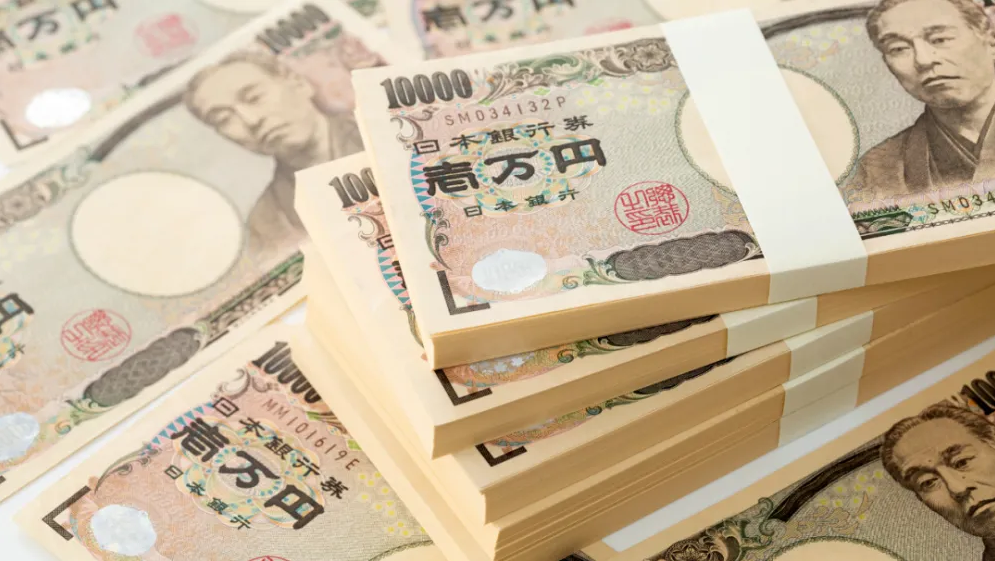日元急剧贬值,对我国出口商有何影响?

第一财经讯:日元汇率创32年新低后,何时才能触底反弹?
上周,日元对美元汇率一度跌至1美元对148.86日元,刷新了1998年8月创下的1美元对147.64日元的低点,创下自1990年8月以来的最低水平。
多年从事日本中小企业运作分析师吴先生告诉第一财经,在外汇市场上,目前正处于“疲软”态势的日元对日本进出口影响不小,同时日元的急剧贬值还波及了亚洲国家,给这些亚洲国家相关竞争性产品的出口带来压力。
对于日元当前的加速贬值,日本财务大臣铃木俊一17日再度重申,日本准备对日元快速下跌采取“果断”行动。他称:“我们一直怀着紧迫感关注着外汇市场的走势。如果投机者或其他人引发外汇市场过度波动,我们的立场绝对不会改变,我们将采取大胆行动。”上个月,当日元对美元汇率下滑至145.90时,引发日本政府24年来首次干预汇市,以支撑日元汇率。
贸易双刃剑
上述分析师表示,数据显示,岸田政府自去年9月上任以来,日元对美元的走势已从当时的1美元对110日元一路走低至当前1美元对147日元左右,贬值幅度约为33%。截至第一财经记者发稿时,美元对日元依旧徘徊在148.62,逼近150点位,虽然较上周五创下32年新低时有所反弹,但仍远不及上月触发日本政府进行外汇干预的145.90点位。
对于日元近来如此快速的贬值原因,吴先生认为,还是以美联储为代表的多国央行越来越收紧货币政策、而日本央行却一直坚守货币宽松政策,两者间的政策分歧使得日元在外汇市场上波动剧烈。就在本次日元汇率走出32年新低的前一天,美联储公布强于预期的通胀报告。
至于日元贬值在日本市场最直观的反应,吴先生举例道,据他观察,如今,在颇受年轻人欢迎的电子产品消费中,购置一台较高配置名牌电脑的价格相当于日本刚毕业的名牌大学生一个月的工资,“因此,一些品牌手机或者高端电子产品在日本市场由于日元贬值大有变成奢侈品的趋势。”
当前,中国已连续14年成为日本第一大贸易伙伴,日本也位于中国的前五大贸易伙伴行列中。如此紧密的双边贸易联系,也势必使得主攻日本市场的中国出口企业受到日元波动的影响。
吴先生告诉第一财经,尽管如此,一些中国出口企业也在采取积极措施应对当前日元的加速贬值,比如调整对日出口产品的规格,由大规格调整为小规格;对出口产品成本上升的因素进行分析,对冲日元汇率的影响;加快推进新产品的研发,增加出口订单量;对于出口订单计划进行调整,筛选可以锁定生产成本要素的产品提前安排生产等。
“在日本的留学生、从事中日贸易的中国进口企业,则成为了当前日元贬值的主要获益者,”吴先生说道,“尤其是一些中国的电商平台近来加大了从日本进口的订单。”
此前,中国社科院日本研究所副研究员田正对第一财经记者分析道,“随着日元的持续贬值,中国企业可以用更低的价格购买日本的高端零部件、原材料等产品,从而促进中日两国供应链开展进一步的深度合作,扩展中日经贸合作空间。”据新华社报道,日本富士通全球营销总部首席数字经济学家金坚敏表示,中国企业对日本的投资跟其他国家相比,还是处于比较靠后的阶段,没有欧洲、美国那么多,“现在日元贬值是一个机会,我想中国企业肯定会把握住。”
这一次与以往不同
长期以来,日元贬值被认为是推动日本经济出口的有利因素。但此轮日元贬值还伴随了大宗商品价格的上涨,两者的结合使得一些日本企业和消费者受到的冲击比之前大很多,“日元贬值利于日本出口”的观点也正受到越来越多的质疑。
“我们现在看到的日元贬值带来的负面影响或者风险是前所未有的。”日本钢铁工业协会主席桥本英二(Eiji Hashimoto)如此表示,虽然钢铁制造商和其他制造商在过去的日元贬值期间都曾受益,但当前能源和材料成本的大幅上涨意味着“这次情况完全不同以往”。
东京商工调查公司的最新调查显示,4月至9月日本企业破产数量同比增加6.9%,达3141家,系三年来首次出现增加。公司表示,自8月以来,日元对美元及其他主要货币的汇率持续走弱导致原材料价格高企,因这一因素触发的日本国内企业破产案例不断增加。
那么,日元在外汇市场上究竟会跌到什么水平?吴先生表示,日本银行业内推测可能会贬值到1美元兑换150日元,跌幅相较去年9月时最终会超过35%。
“比起疫情,更让日本民众揪心的还是日元的跌跌不休。由于日本严重依赖国外进口,日元贬值最直接的影响便是生活成本的上涨,比如食品、消费品、汽车油价等都在涨。这种情况势必会进一步抑制国内消费对日本经济的拉动。”吴先生说道。
尽管二季度日本国内生产总值(GDP)环比0.9%的增长让日本各界看到经济复苏迹象,但是日本总务省的数据显示,二季度数据中旅游、交通等方面的消费支出呈现明显增长,不过整体效果并不理想。二季度日本家庭实际收入同比减少2%,实际消费开支同比减少0.7%。占据日本GDP总量50%的个人消费仍旧远未完全复苏。
牛津经济研究院(Oxford Economics)首席日本经济学家永井茂藤(Shigeto Nagai)此前对第一财经记者表示,除非金融市场确信美联储加息周期达到顶峰,且日本的通胀前景也较为温和,否则日元疲软和日本国债收益率的压力都会一直持续下去。
目前,各方都在观望,对市场波动性深感担忧的日本政府会不会再次出手干预外汇市场,一旦选择干预,影响又会持续多久。
